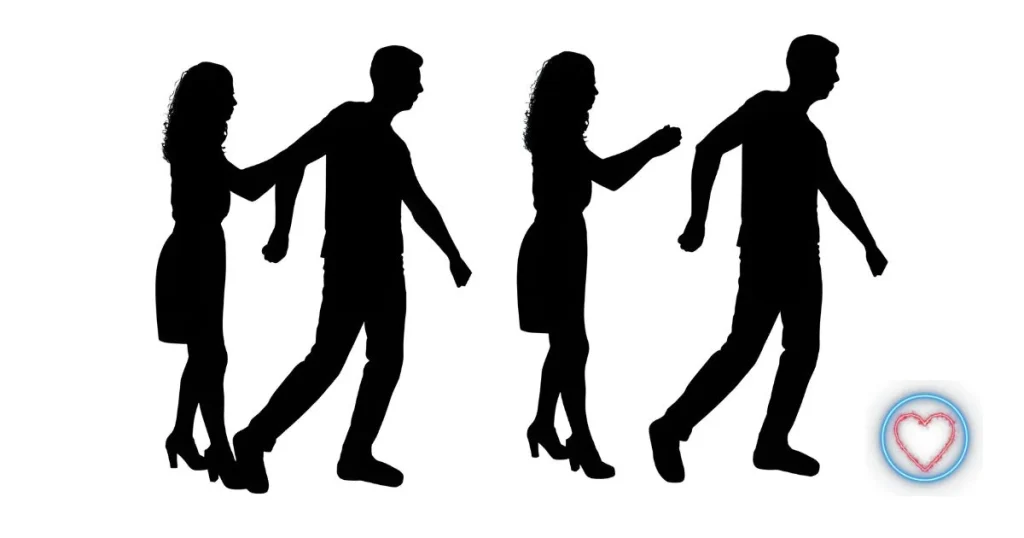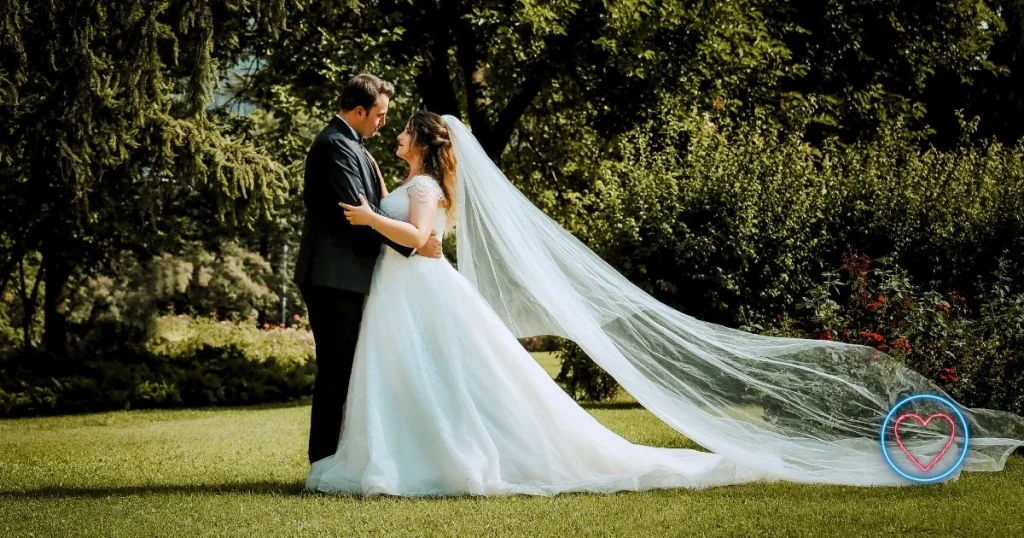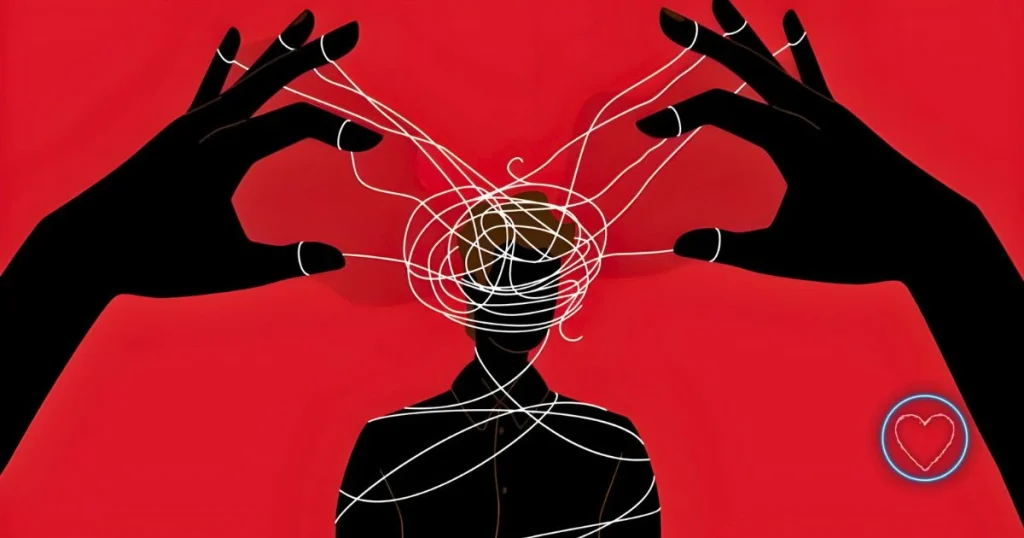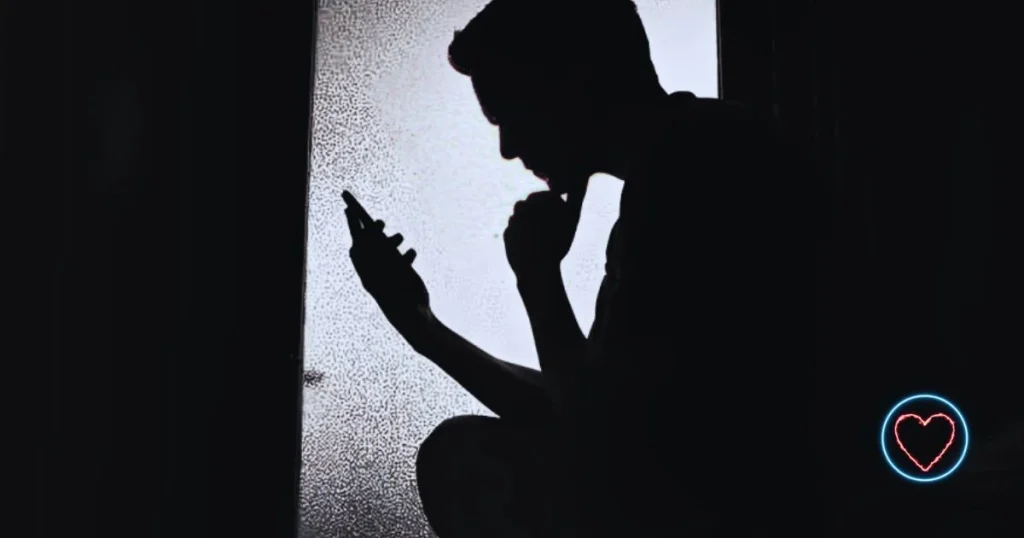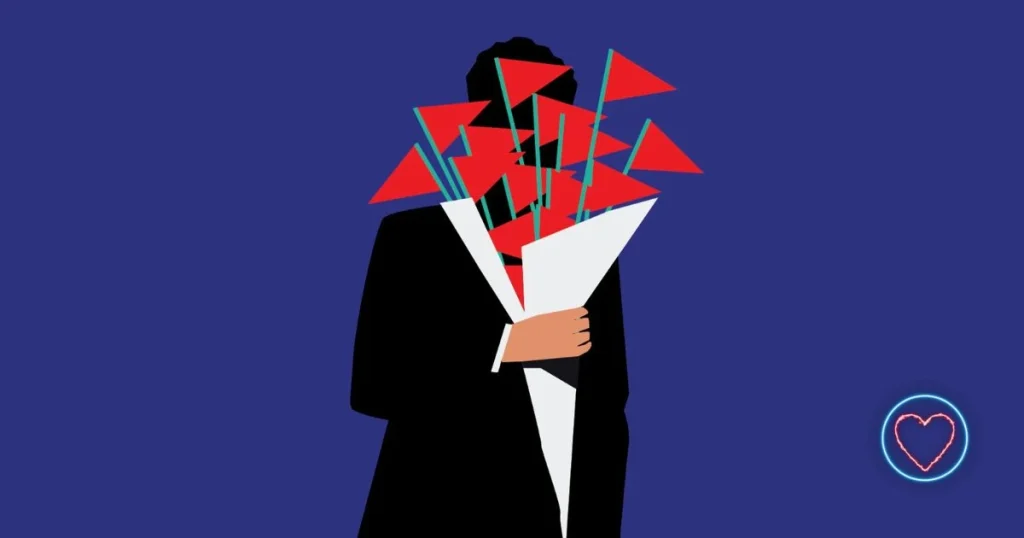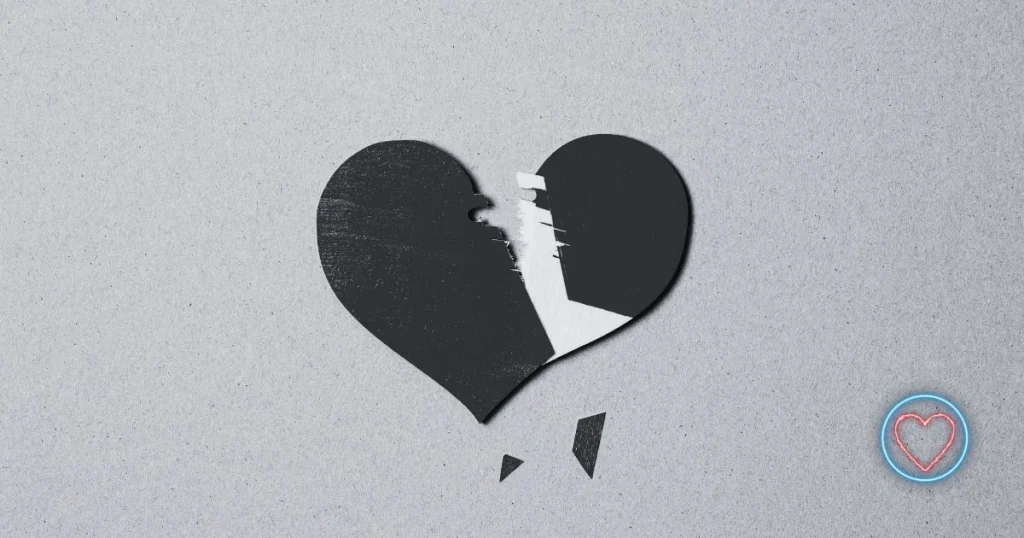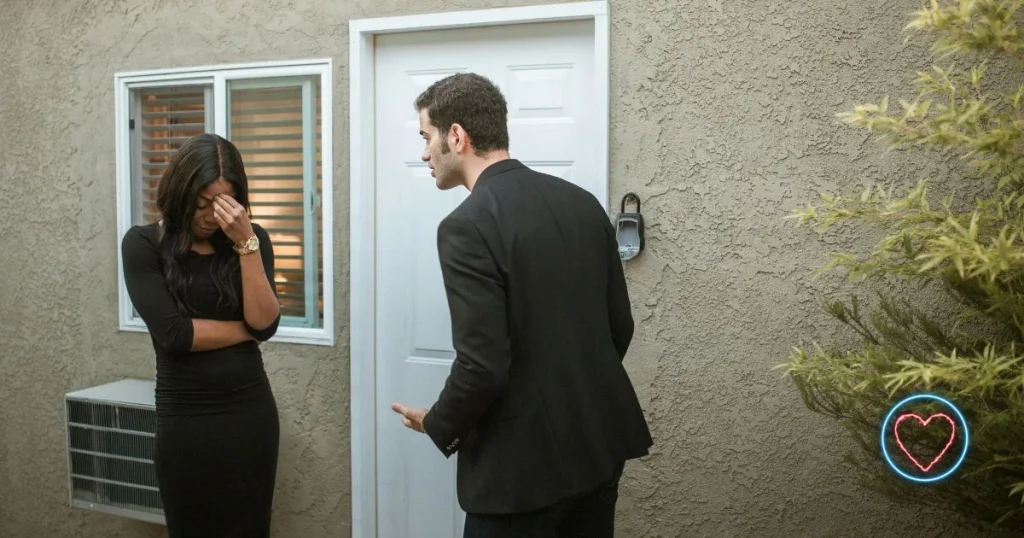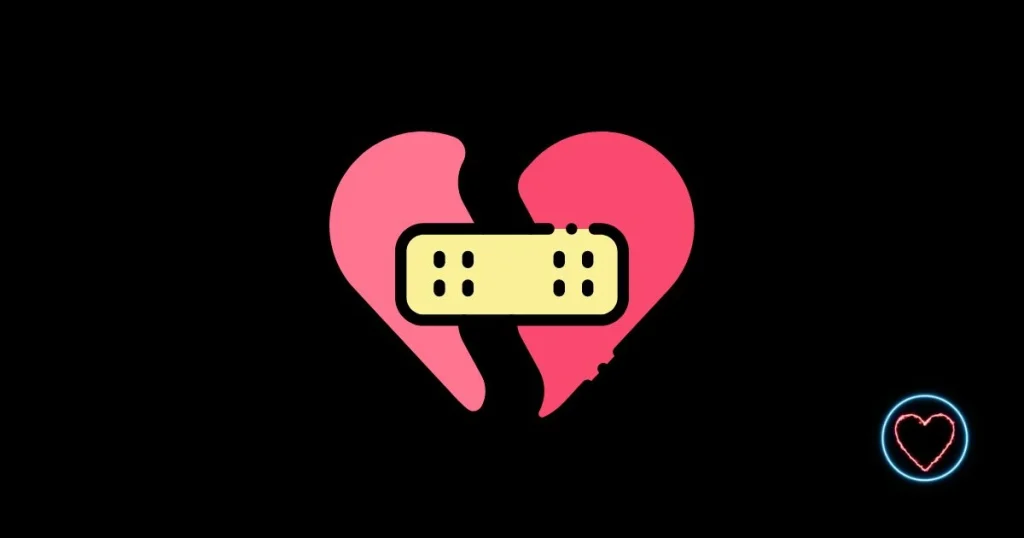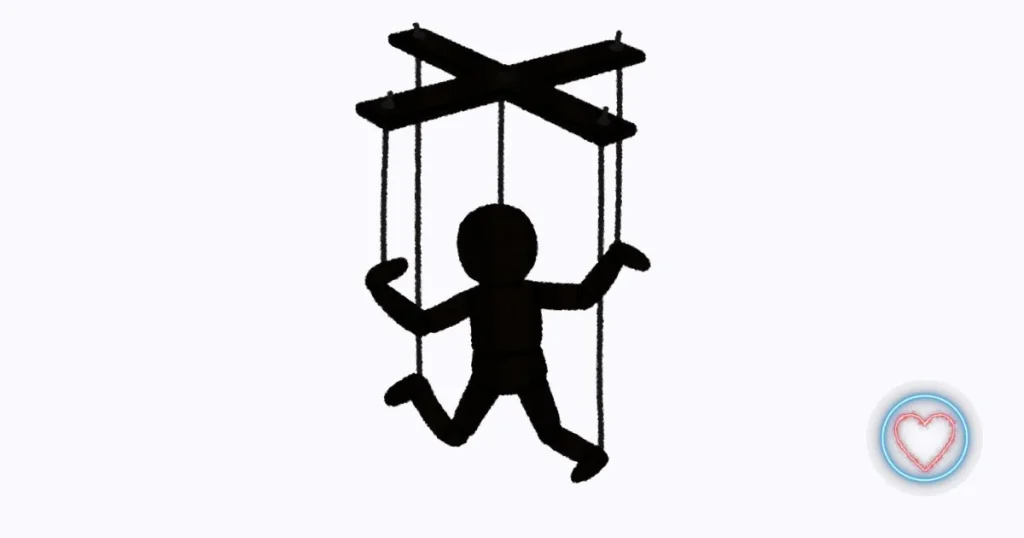In an ideal relationship, love, effort, and support are mutual. Both partners invest emotionally, communicate openly, and meet each other halfway. But not all relationships are balanced—and one-sided relationships are far more common than we think. When you’re the only one putting in the effort, constantly adjusting, and giving without receiving, you’re not just unfulfilled—you’re emotionally depleted.
A one-sided relationship is not always obvious at first. It can start subtly with small imbalances that escalate over time. Before you know it, you’re carrying the entire emotional and logistical weight of the relationship, and your needs are barely acknowledged.
If you suspect your relationship might be one-sided, here are 15 clear signs to help you evaluate your situation—and take back your emotional power.
1. You’re Always Initiating Contact
You’re the one who texts first, plans dates, or checks in after a long day. If you stopped initiating conversations, you suspect the silence would stretch on indefinitely. Healthy relationships involve mutual interest in keeping the connection alive.
2. They Rarely Show Interest in Your Life
They know little about your day, goals, fears, or what brings you joy—because they rarely ask. Meanwhile, you know everything about them, often because you make it a point to listen and care. A balanced relationship includes curiosity and emotional investment on both sides.
3. You Make All the Compromises
Whether it’s choosing where to eat, when to meet, or whose needs to prioritize, you’re the one bending. If you’re constantly compromising while they stay rigid, the dynamic is imbalanced. Relationships require give and take—not just give.
4. They Minimize Your Needs or Emotions
Whenever you express sadness, stress, or dissatisfaction, you’re told you’re “too sensitive,” “needy,” or “overreacting.” This invalidation creates a power imbalance and discourages you from being emotionally vulnerable.
5. You Feel Emotionally Drained, Not Energized
Instead of feeling supported, loved, or excited after time together, you often feel emotionally depleted. This exhaustion is a sign that you’re overextending yourself without emotional reciprocity.
6. They Only Show Up When It Benefits Them
They might call or meet up when they need something—comfort, sex, a ride, or help with a problem—but are noticeably absent when you need support. This transactional dynamic is not love; it’s emotional convenience.
7. You’re Always the One Apologizing
You find yourself apologizing even when you’re not at fault, just to keep the peace. This could be a result of emotional manipulation—or just a habit you’ve formed to protect the relationship at the expense of your self-worth.
8. They Avoid Defining the Relationship
Despite months of dating or even living together, they avoid putting a label on the relationship or committing to future plans. Vague answers and shifting expectations keep you in emotional limbo—invested, but unsure if they are.
9. They Don’t Celebrate Your Wins
Whether you landed a promotion or finally completed a personal goal, their reaction is indifferent or muted. A loving partner shares in your joy. Indifference to your success signals emotional disengagement.
10. You Excuse Their Behavior More Than You Should
You often rationalize their neglect by saying, “They’re just busy,” “They’ve had a hard life,” or “That’s just how they are.” While empathy is important, chronic excuses for poor treatment indicate a deeper problem.
11. They Rarely Make Time for You
You’re always the one rearranging your schedule to accommodate them. They’re “too busy” to hang out, call, or show up—unless it’s on their terms. In a mutual relationship, time together is a shared priority, not an afterthought.
12. You Feel Unseen or Unheard
Your opinions, preferences, and emotions often feel invisible. Conversations revolve around them, their life, their struggles. You could scream your needs, and they’d still not really hear you.
13. You’re Afraid to Be Honest
You walk on eggshells, hiding your real thoughts and feelings to avoid conflict or rejection. Fear of rocking the boat keeps you silent—and that silence reinforces the imbalance.
14. There’s Little to No Physical or Emotional Intimacy
You crave more connection—whether it’s affection, sex, or deeper emotional closeness—but they seem indifferent or dismissive. When emotional or physical needs are ignored long-term, the relationship becomes transactional, not intimate.
15. You Feel Alone, Even When You’re Together
You’re in a relationship, but still feel lonely. You’re doing the work of two people emotionally, mentally, and logistically—and it’s exhausting. You wonder if you’re just a placeholder in their life.
Why One-Sided Relationships Happen
One-sided relationships often stem from a mismatch in emotional maturity, availability, or expectations. Sometimes, one partner lacks the self-awareness or willingness to invest fully. Other times, the imbalance is strategic—done by emotionally avoidant individuals who want the perks of companionship without the commitment.
People who find themselves in these relationships often have high emotional intelligence, empathy, and tolerance—but these traits, while positive, can make them vulnerable to emotional over-functioning.
The Emotional Cost
Being in a one-sided relationship can take a significant toll on your:
- Self-worth: You begin to believe you’re not worthy of love or attention.
- Mental health: Anxiety, depression, and chronic stress are common outcomes.
- Future relationships: You may carry fear or baggage into your next connection, affecting your trust and openness.
How to Reclaim Balance
If you’ve identified with several of the signs above, it’s time to take action—either by repairing the relationship or protecting yourself from further harm.
1. Have an Honest Conversation
Sometimes the imbalance stems from a lack of awareness. Share how you feel, using “I” statements. For example, “I feel like I’m the only one putting in effort, and it makes me feel unimportant.”
2. Set Clear Boundaries
Decide what behaviors are no longer acceptable—and communicate them. If your partner consistently violates your boundaries, that’s a major red flag.
3. Watch Their Actions, Not Just Their Words
Empty promises are common in one-sided relationships. Give more weight to consistent behavior than to apologies or romantic gestures.
4. Rebalance Your Life Outside the Relationship
Reconnect with friends, hobbies, and your personal goals. A one-sided relationship can consume your identity—start reclaiming it.
5. Seek Professional Help
A therapist can help you work through your emotions, build your self-esteem, and create a plan—whether it’s for growth within the relationship or healing after leaving it.
When to Walk Away
If after open communication and boundary-setting, nothing changes—ask yourself: Is this relationship serving me? Love should not feel like a burden or a battleground. You deserve someone who meets you in the middle, not someone who watches you do all the work and calls it love.
Choosing to walk away is not weakness—it’s self-respect.
Final Thoughts
Relationships should be built on mutual love, effort, and respect. If you’re giving more than you’re getting, and it’s affecting your happiness, it’s time to reevaluate. A one-sided relationship doesn’t just deprive you of love—it disconnects you from yourself.
Know this: You are not asking for too much. You are asking the wrong person. And you are allowed—without guilt—to seek a connection where you’re loved as deeply as you love.

